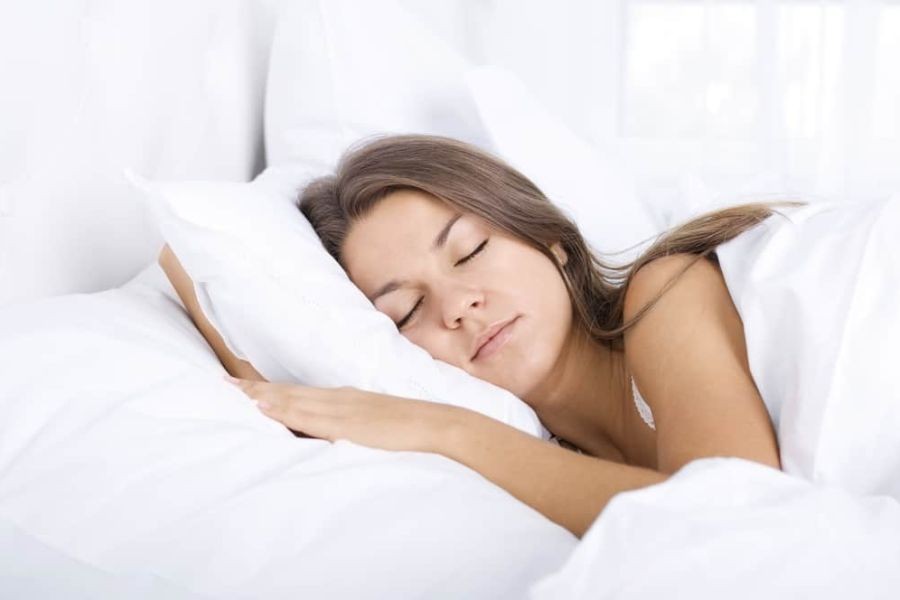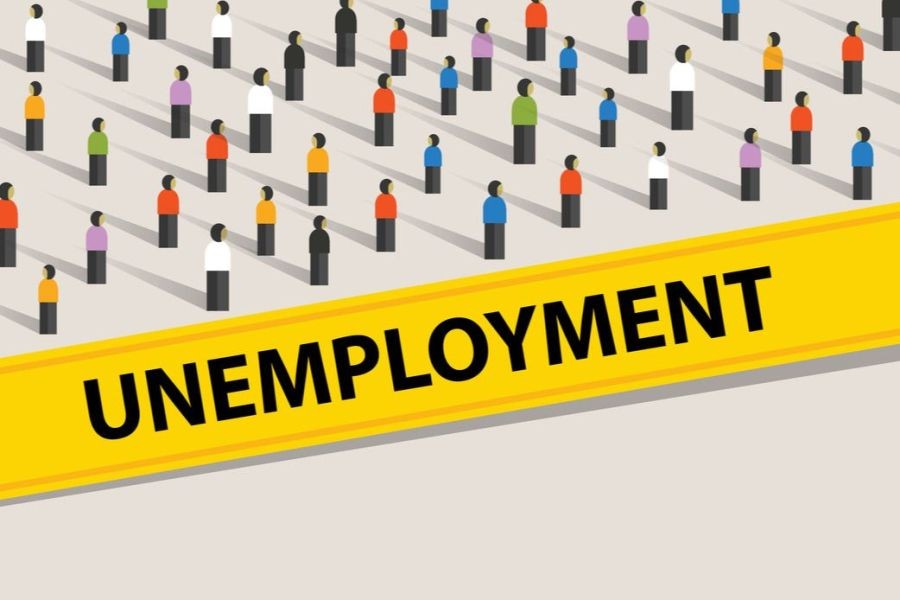Quality sleep is often underestimated in its role in overall health, yet it is as crucial as nutrition and exercise. In New Zealand, where the pressures of modern life and work-life balance are frequently discussed, improving sleep quality can significantly enhance well-being and productivity. Recent studies indicate that 30% of New Zealanders report sleep issues, affecting both personal health and economic productivity. Addressing sleep quality taps into an often-overlooked aspect of health that can drive substantial personal and societal benefits.
The Science of Sleep: How It Works
Sleep is a complex, biological process involving multiple stages, including REM and non-REM sleep, each serving unique functions. Non-REM sleep is crucial for physical restoration, while REM sleep enhances cognitive functions and emotional regulation. In New Zealand, where mental health awareness is rising, understanding these sleep stages can aid in addressing issues like stress and burnout prevalent in various industries.
Why Sleep Matters for New Zealanders
Quality sleep impacts mental acuity, emotional stability, and physical health, directly influencing productivity in workplaces. According to Stats NZ, a lack of sleep costs the economy approximately $1 billion annually due to reduced productivity and increased healthcare costs. As New Zealand continues to strive for a healthier work-life balance, improving sleep quality should be a priority to enhance workforce efficiency and reduce health-related expenses.
Comparative Analysis: New Zealand and Global Sleep Trends
Globally, sleep issues are becoming more prevalent with technological advancements and changing lifestyles. In New Zealand, the trend is no different, with an increase in sleep disorders attributed to factors like screen time and irregular work hours. A comparative study shows that while countries like Japan have pioneered workplace nap policies to combat sleep deprivation, New Zealand still lags in implementing such innovative solutions.
Case Study: Workplace Napping in Japan vs. New Zealand
Problem: In Japan, chronic sleep deprivation was affecting employee productivity and health.
Action: Companies introduced workplace napping facilities to allow employees short rest periods during work hours.
Result: Reports indicated a 20% increase in productivity and a significant decrease in stress-related health issues.
Takeaway: New Zealand businesses could benefit from adopting flexible work policies that accommodate rest periods, potentially improving overall productivity and employee satisfaction.
Common Myths & Mistakes About Sleep
Misunderstandings about sleep are common and can lead to poor sleep hygiene. Let's debunk a few:
- Myth: "Sleeping longer on weekends can make up for lost sleep." Reality: Irregular sleep patterns can disrupt your biological clock, making it harder to maintain sleep quality.
- Myth: "Older people need less sleep." Reality: Sleep requirements remain consistent; however, sleep quality may decrease with age, necessitating interventions for better rest.
- Myth: "Alcohol helps you sleep." Reality: While alcohol may induce sleep, it disrupts REM sleep, leading to poorer sleep quality.
Biggest Mistakes to Avoid for Better Sleep
- Over-reliance on sleep aids without medical advice can lead to dependency and worsen sleep issues.
- Ignoring sleep environment factors like room temperature, noise, and light can significantly impact sleep quality.
- Underestimating the role of daily routines in sleep quality; consistent sleep schedules are crucial.
Data-Driven Strategies to Improve Sleep Quality
For New Zealanders seeking to improve their sleep quality, several strategies are both effective and data-backed:
- Sleep Environment Optimization: A comfortable mattress, room darkening, and temperature control can enhance sleep quality dramatically.
- Technology Management: Reducing screen time before bed and using blue light filters can improve melatonin production.
- Consistent Sleep Schedule: Going to bed and waking up at the same time daily reinforces your body's sleep-wake cycle.
- Mindfulness and Relaxation Techniques: Practices like meditation or yoga can reduce stress and promote more restful sleep.
Future Trends & Predictions for Sleep Health in New Zealand
By 2026, the integration of sleep technology such as smart mattresses and sleep-tracking devices is projected to become commonplace in New Zealand households. These technologies can provide personalized insights into sleep patterns, promoting better sleep hygiene. Additionally, public health initiatives focusing on sleep education could lead to significant improvements in national health outcomes.
Conclusion: Final Takeaway & Call to Action
Sleep quality is a critical component of health that impacts every aspect of life, from personal well-being to economic productivity. For New Zealanders, prioritizing sleep can lead to significant individual and societal benefits. Whether through adopting better sleep hygiene, leveraging sleep technology, or promoting workplace policies that support rest, the potential for improvement is vast. As we move forward, let's challenge ourselves to make sleep a priority and share these insights within our communities.
Have you considered how improving your sleep could enhance your life? Share your thoughts and experiences in the comments below!
People Also Ask
How does sleep impact businesses in New Zealand? Quality sleep improves employee productivity, reducing absenteeism and healthcare costs, which in turn benefits businesses economically.
What are the biggest misconceptions about sleep? A common myth is that you can compensate for lost sleep by sleeping longer on weekends, which can actually disrupt your sleep cycle.
What are the best strategies for improving sleep? Experts recommend maintaining a consistent sleep schedule, optimizing your sleep environment, and managing screen time before bed.
Related Search Queries
- New Zealand sleep quality statistics
- Impact of sleep on productivity
- Sleep technology trends 2026
- Workplace sleep policies New Zealand
- Improving sleep hygiene


































1215 Tire & Auto
6 months ago